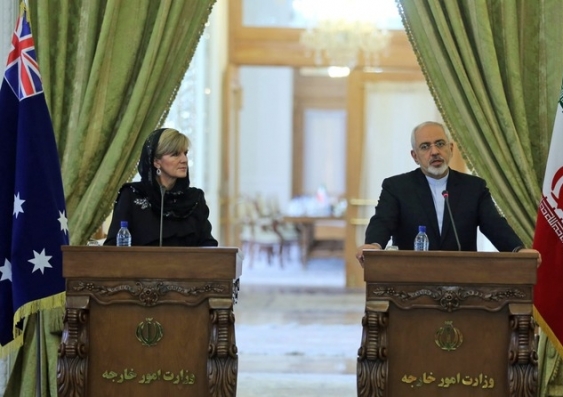Ms Bishop goes to Tehran: a story of good news and bad news
Dubious intelligence sharing and asylum seeker deals aside, Foreign Minister Julie Bishop’s visit to Iran is an important step in bringing the pariah state back into the international mainstream, writes Antony Billingsley.


